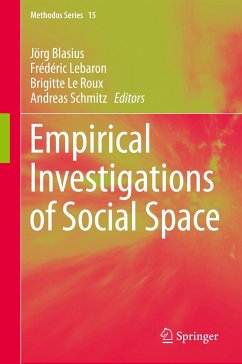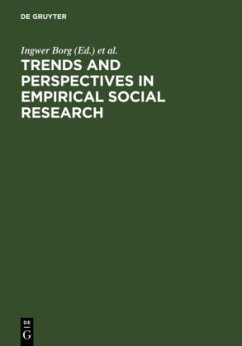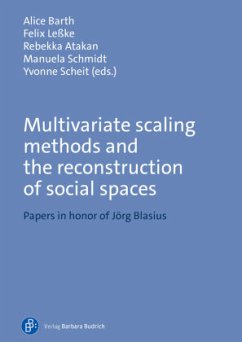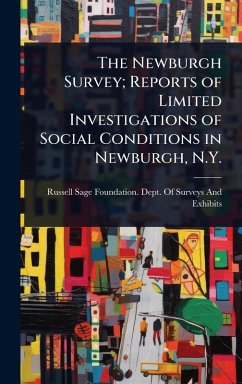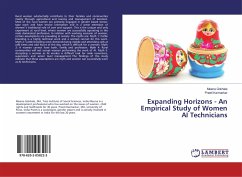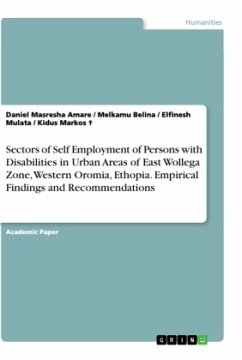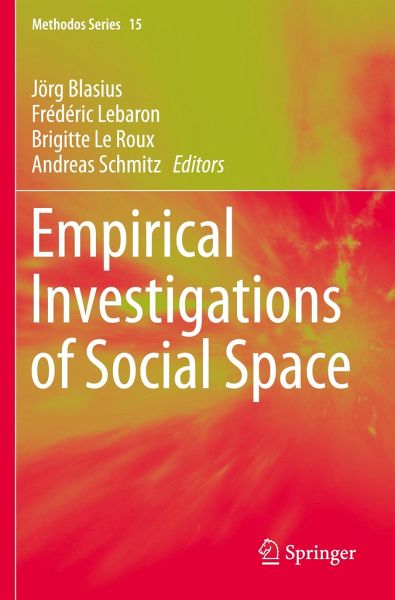
Empirical Investigations of Social Space
Versandkostenfrei!
Versandfertig in 6-10 Tagen
129,99 €
inkl. MwSt.

PAYBACK Punkte
65 °P sammeln!
This book provides an in-depth view on Bourdieu's empirical work, thereby specially focusing on the construction of the social space and including the concept of the habitus. Themes described in the book include amongst others: - the theory and methodology for the construction of "social spaces",- the relation between various "fields" and "the field of power",- formal construction and empirical observation of habitus,- the formation, accumulation, differentiation of and conversion between different forms of capital,- relations in geometric data analysis.The book also includes contributions reg...
This book provides an in-depth view on Bourdieu's empirical work, thereby specially focusing on the construction of the social space and including the concept of the habitus. Themes described in the book include amongst others:
- the theory and methodology for the construction of "social spaces",
- the relation between various "fields" and "the field of power",
- formal construction and empirical observation of habitus,
- the formation, accumulation, differentiation of and conversion between different forms of capital,
- relations in geometric data analysis.
The book also includes contributions regarding particular applications of Bourdieu's methodology to traditional andnew areas of research, such as the analysis of institutional, international and transnational fields. It further provides a systematic introduction into the empirical construction of the social space.
- the theory and methodology for the construction of "social spaces",
- the relation between various "fields" and "the field of power",
- formal construction and empirical observation of habitus,
- the formation, accumulation, differentiation of and conversion between different forms of capital,
- relations in geometric data analysis.
The book also includes contributions regarding particular applications of Bourdieu's methodology to traditional andnew areas of research, such as the analysis of institutional, international and transnational fields. It further provides a systematic introduction into the empirical construction of the social space.





